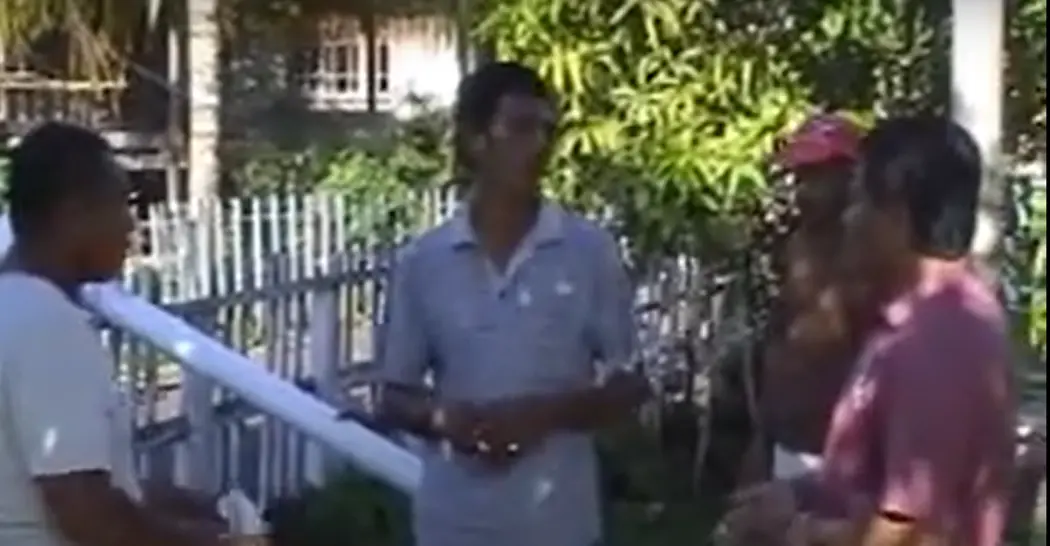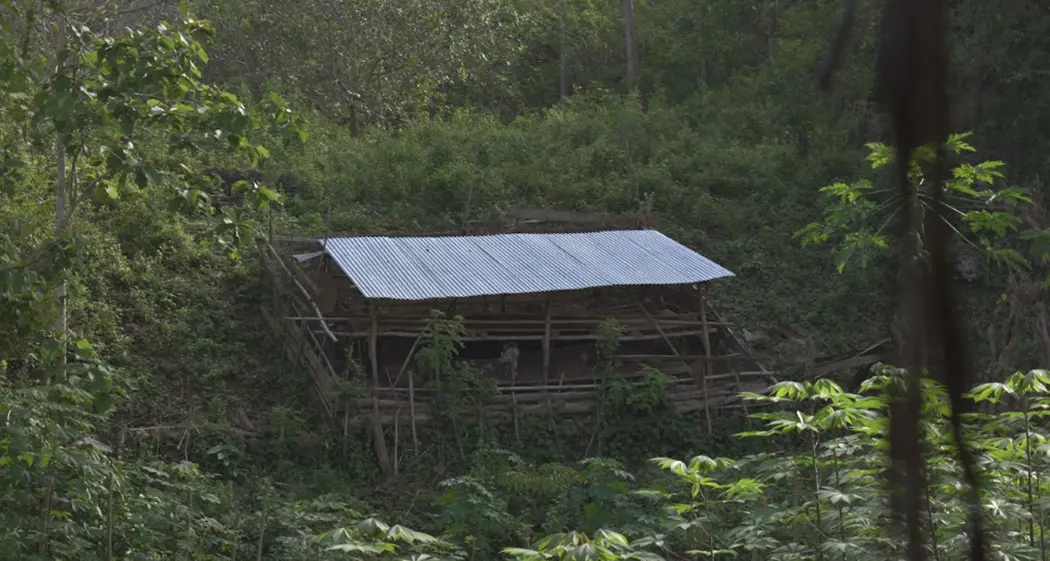The Journey of Lakamali
Lakamali is an abbreviation of Social and Environmental Concern Institute (Lembaga Kepedulian Masyarakat dan Lingkungan). It is a non-governmental and not-for-profit organization that was established in 1992 by Buton communities who put high concern toward the environment in Southeast Sulawesi Province, especially in the region of Buton Island. During our journey to improve the wellbeing and environmental condition in Southeast Sulawesi, Lakamali got international concern for its activities in improving environmental problems and organizing social events that are impactful in Buton and Wakatobi. During those years, Lakamali got funding from international donors such as Cana Fund/CIDA, AIDAB-AusAID, NZ-ODA, GEF-SGP/UNDP/World Bank, TUP-New York, and more.
In 1992, a youth group that was led by Mr. Sahirsan gathered together to discuss and establish Lakamali. In the beginning, the organization focused on social activities that were funded independently by using joint ventures of local communities in Buton Island.
Initially, Lakamali started its program by organizing English courses for Wakatobi youths. The program aimed to educate the young generation in Wangi-Wangi Island, so they could communicate with tourists and international communities who usually came to Wakatobi for research and recreation. After that, Lakamali began to initiate social action by helping women in the rural islands, Kadatua Island and Wangi-Wangi Island, to become literate. The second program focused on teaching these groups to read, write, and count, which was basic education that was hardly accessible to women at that time.
In 1994 – 1996, Lakamali was funded by NZ-ODA/Selandia Baru Embassy-Jakarta and Save the Children Mataram in organizing literacy campaigns. The program expanded from the small island to the wider scope in Buton Island.
In 1996 – 1998, Lakamali was supported by ILO-Bangkok in organizing the “Kampanye stop pekerja anak (a campaign to prevent children from working)”. The long-term project supported low-middle income communities in Lipu-Katobengke, Baubau City, with sheep breeding. The impact of the project led to community welfare improvements, which stopped children from engaging in stone splitting and building work, the majority of jobs at that time.
From 1996 – 2009, Lakamali saw that the water crisis was one of the problems faced by local communities in Buton and Wakatobi. Then, Lakamali was funded by Germany Committee, Komitee Arzte fuer Dritte Welt Germany, and Stifting Doen Foundation Netherlands, to distribute clean water to areas in Buton Island that had tough access to water. The project still has an impact today, and most communities perceive the impact of clean water.

In 2006, the non-governmental and not-for-profit organization led by Mr. Sahirsan got legalization from notarized AM. Kasim Siruhu, on September 29, 2006. In this year, Lakamali also began to implement a program to finance business credit for low and middle-income communities through Lakamali’s cooperative.
From 2010 until today, Lakamali focuses on tackling climate change by implementing three main activities. First, Lakamali has initiated planting more trees. Since 2010, Lakamali has been supported by local communities and volunteers to plant thousands of trees in South Buton Regency. The program continues until today. Second, Lakamali initiated educating communities about environmental education, and lastly, Lakamali focuses on campaigning for animal welfare.
